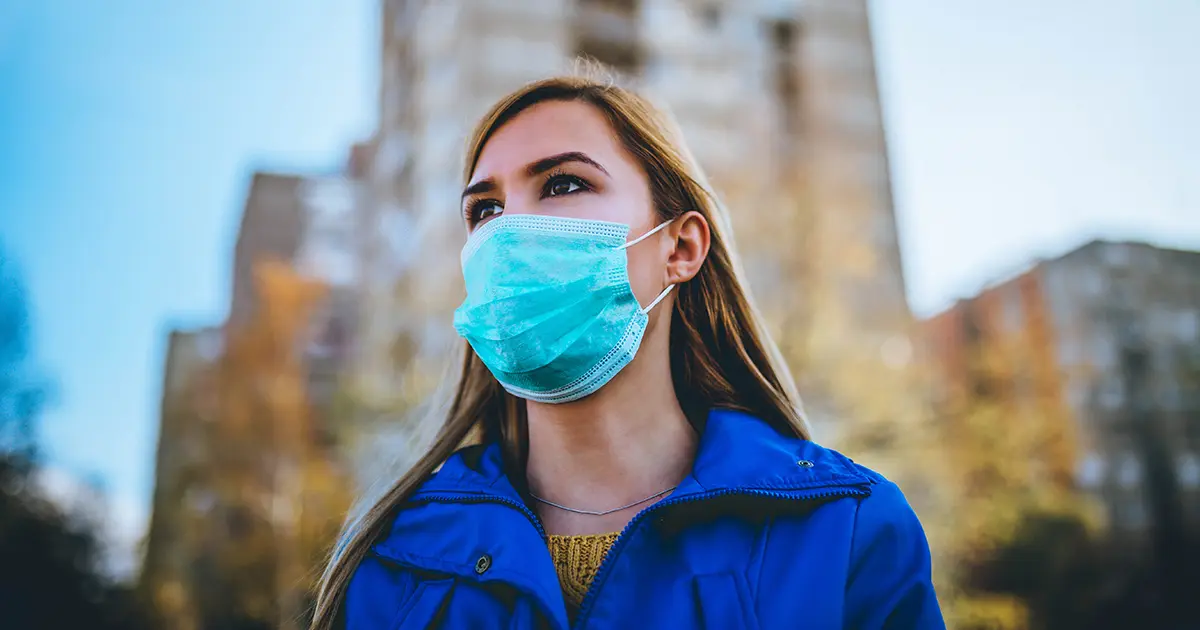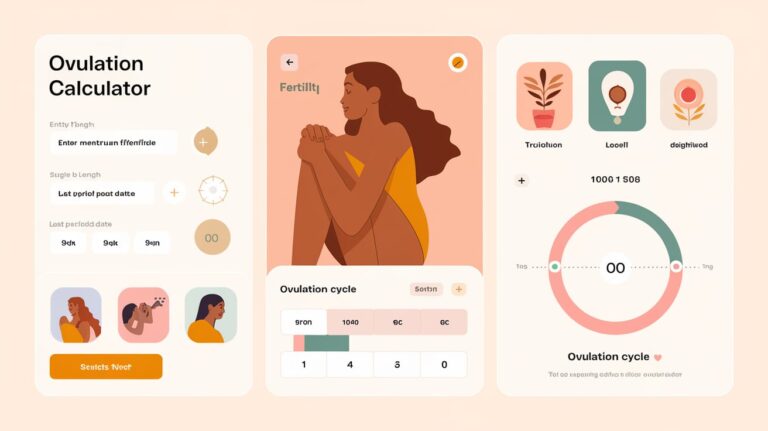
file / axiawh.com
Africa’s Women’s Voices Drowned Out in COVID-19 Reporting
As the COVID-19 pandemic swept across the globe, the voices of women in Africa were notably marginalized in media reporting and response efforts.
Research indicates that while women have been disproportionately affected by the pandemic, their experiences and perspectives have often been overlooked, particularly in countries like Nigeria and South Africa.
Gender Inequalities Exacerbated
The pandemic has exacerbated existing gender inequalities, with women bearing the brunt of economic and social disruptions.
Reports from various studies highlight that women in Africa are more likely to experience job losses and reduced incomes compared to their male counterparts.
In Nigeria, for instance, women reported significant declines in personal income, with many facing increased responsibilities at home due to school closures and caregiving demands.
A recent UN Women report noted that over 60% of women in countries like Ethiopia, Kenya, and South Africa experienced a complete loss or decline in income due to the pandemic.
This economic strain has been compounded by rising rates of gender-based violence, as lockdown measures and social isolation have left many women vulnerable.
Underrepresentation in Media
Despite the critical challenges faced by women during the pandemic, their voices have been underrepresented in media coverage.
Studies show that women accounted for only a small percentage of expert commentary in COVID-19 reporting, with male experts dominating the narrative.
This lack of representation has implications for policy-making and resource allocation, as women’s needs and experiences are often sidelined in discussions about recovery and response strategies.
Calls for Inclusion
Advocates for gender equality are calling for a more inclusive approach to COVID-19 reporting and response efforts.
Organizations like UN Women emphasize the importance of amplifying women’s voices and ensuring that their perspectives are integrated into recovery plans.
This includes actively seeking out female experts and prioritizing women’s experiences in media narratives.
Moving Forward
As Africa begins to navigate the post-pandemic landscape, it is crucial to address the systemic barriers that have silenced women’s voices.
Policymakers and media outlets must prioritize gender-sensitive approaches that recognize the unique challenges faced by women during crises.
By placing women at the center of recovery efforts, there is an opportunity to build more equitable and resilient societies.
Summary
The COVID-19 pandemic has highlighted the urgent need to amplify women’s voices in reporting and response efforts across Africa.
As the crisis continues to unfold, it is essential to ensure that women’s experiences are recognized and addressed in order to foster a more inclusive and equitable recovery.
The call for gender-sensitive approaches is not only a matter of justice but also a critical component of building resilient communities capable of withstanding future challenges.





